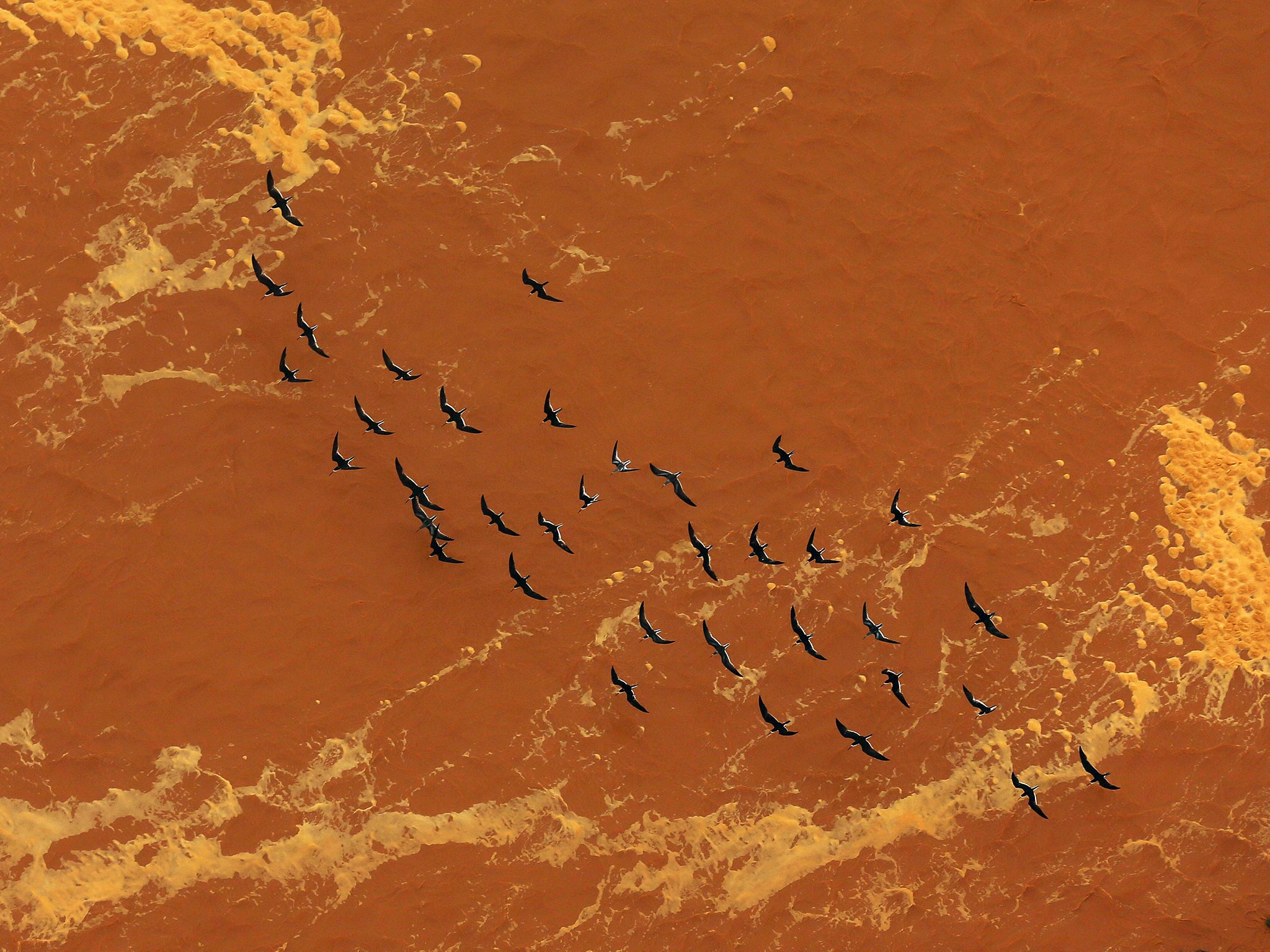UN mineral waste report hits BHP Billiton share price
The London-listed miner is at the centre of Brazil’s worst-ever environmental disaster at the Germano iron-ore mine

BHP Billiton’s woes in Brazil deepened as the United Nations said the millions of tonnes of mine waste that breached a dam and killed 13 people were packed with toxic pollutants.
The London-listed miner is at the centre of the country’s worst-ever environmental disaster, at the Germano iron-ore mine in the mineral-rich state of Minas Gerais, which it owns in the Samarco joint venture with Brazil’s Vale.
An estimated 60m cubic metres of waste – equivalent to 25,000 Olympic swimming pools – flooded through the area after the breach, flattening the nearby village of Bento Rodrigues and killing thousands of fish as it flowed into the Rio Doce. The bright-orange sludge has flooded into the Atlantic where the river joins the sea on the coast of Espirito Santo.
BHP and Vale claim the mine waste is not dangerous and will not break down in water. But citing “new evidence”, the UN’s Office of the High Commissioner for Human Rights said the residue “contained high levels of toxic heavy metals and other toxic chemicals”.
The UN attacked the response of the companies and the Brazilian government as “insufficient”, saying: “The government and companies should be doing everything within their power to prevent further harm.”
Vale has been targeted by mud-coated protesters outside its headquarters in Rio De Janeiro following the disaster. The two companies have set up a $100m fund for emergency disaster relief, including the supply of 100m litres of drinking water to towns along the river as the huge dam breach overwhelms local water-treatment works.
Samarco said that tests showed the mud released was made up mostly of water, iron oxides and silica or quartz, presenting no danger to human health and no water contaminants. It admitted the presence of iron and manganese in the mud was above normal but insisted it was below dangerous levels.
Shares in BHP, which were already hit by a commodity sell-off, have now fallen more than 20 per cent since the breach on November 5 and were the worst perfomers in the FTSE 100 on Thursday, falling more than 2 per cent to 833.2p.
Subscribe to Independent Premium to bookmark this article
Want to bookmark your favourite articles and stories to read or reference later? Start your Independent Premium subscription today.

Join our commenting forum
Join thought-provoking conversations, follow other Independent readers and see their replies